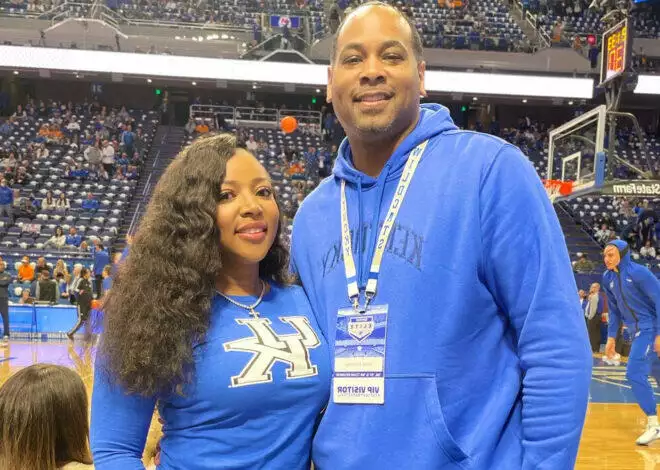On every
street corner at this time of year, I see small inter-generational huddles:
grandparents, parents, and kids, together for the holidays. Shopping for last minute presents, walking
the neighborhood, stopping at the fudge shop on the corner. Everyone is bundled
up, looking like colorful postcards of families happy to be together as
Christmas inches closer.
But behind
closed doors, and inside each person’s head, I know the snapshot gets a lot
more…complicated. The holidays bring us
all together, and all this togetherness brings up a lot of parenting issues. Especially since we parent so differently
than most of our parents did.
On Michel Martin’s “Tell Me
More” show on NPR, I recently dug into the complexity facing parents today when
multiple generations get a little too heavy a dose of togetherness.
The issues
on my side were always pretty heavy: my mom (now deceased) was an active
alcoholic and my husband and I had to draw some extremely clear boundaries.
We had to explain to the kids when they were very young – under five –
what alcoholism was, and why Grams acted so strangely sometimes.
Separately, my father was pretty much an an absentee grandfather, and we
had to explain to our kids why he wasn’t around.
But looking
back now, these were not bad lessons for my kids, although they were especially
sad for me.
The issues
on the in-laws side: my husband is the only child and grandchild of
Holocaust survivors. His parents have been divorced since he was 18 months old,
so our kids have four grandparents/ stepgrandparents and an intense family
dynamic. My husband’s parents, who are lovely and kind, want to be intensely
involved in the kids’ lives, and we’ve had to draw boundaries there too.
Also their European roots bring with them a few (in my mind) sexist attitudes
towards women’s roles, with a heavier emphasis on service than I espouse.
All this
intergenerational “difference” forced us, as parents, to have lots of frank
conversations with the kids about World War II, divorce, women’s traditional
roles, and the importance of drawing boundaries even among people whose only
fault is loving you too much.?
The other
contributors on the NPR segment had a range of advice drawn from their diverse
backgrounds:
1. Set
explicit boundaries with your parents before they arrive: kids must be buckled
in car seats even to go to the supermarket, no chocolate after 7 pm, no swear
words, etc.
2. Set
explicit expectation with your kids before their grandparents arrive: lots of hugs,
thank you’s, asking what they want to do first, etc.
One person
said he tells his parents that grandparenting is a privilege and they need to
respect his parenting style.
Another one
tells her kids that grandparents are a privilege and children need to respect their
elders.
But not one
of us suggested avoiding family at the holidays. Even when the postcard has a few jagged
edges, even if we bite our tongues, hold our breath, and suffer heated
conversations that remain only in our heads, family togetherness at the
holidays is what the holidays are all about.
Long into the future, when we are
grandparents ourselves, we will be grateful for passing that
particular family tradition onto our kids.





